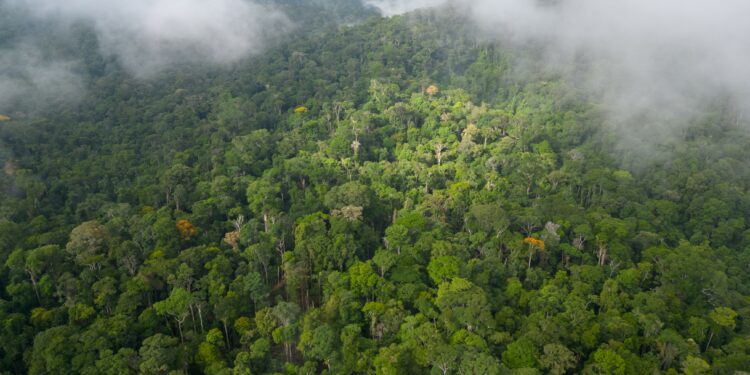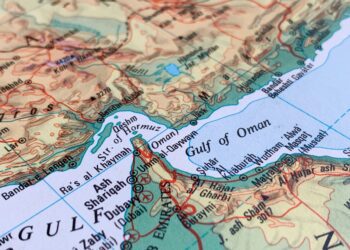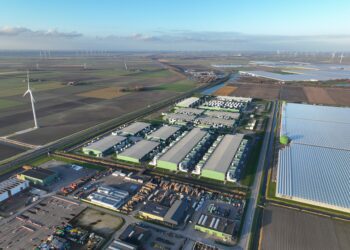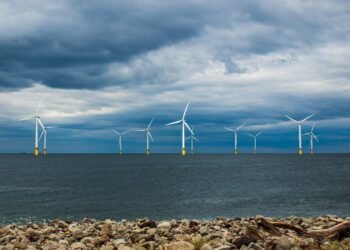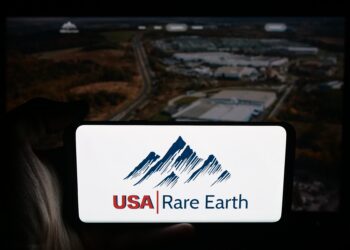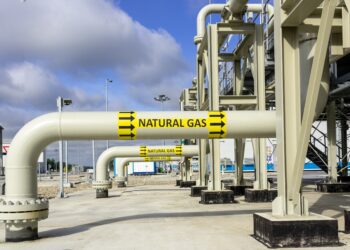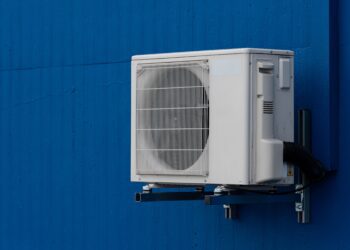omplex organisms, thousands of times smaller than a grain of sand, can shape massive ecosystems and influence the fate of Earth’s climate, according to a new study.
Researchers from Arizona State University, along with their colleagues from the National University of the Peruvian Amazon, have identified an unknown family of microbes uniquely adapted to the waterlogged, low-oxygen conditions of tropical peatlands in Peru’s northwestern Amazonian rainforest.
The new research shows these microbes have a dual role in the carbon cycle and the potential to either moderate or intensify climate change. This process can either stabilize carbon for long-term storage or release it into the atmosphere as greenhouse gases, particularly CO2 and methane.
Under stable conditions, these microbes enable peatlands to act as vast carbon reservoirs, sequestering carbon and reducing climate risks. However, environmental shifts, including drought and warming, can trigger their activity, accelerating global climate change.
And, continued human-caused disruption of the natural peatland ecosystem could release 500 million tons of carbon by the end of the century — roughly equivalent to 5% of the world’s annual fossil fuel emissions.
“The microbial universe of the Amazon peatlands is vast in space and time, has been hidden by their remote locations, and has been severely under-studied in their local and global contributions, but thanks to local partnerships, we can now visit and study these key ecosystems,” says Hinsby Cadillo Quiroz, corresponding author of the new study and a researcher with the Biodesign Swette Center for Environmental Biotechnology at ASU.
“Our work is finding incredible organisms adapted to this environment, and several of them provide unique and important services — from carbon stabilization or recycling to carbon monoxide detoxification and others.”
Cadillo-Quiroz is also a researcher with the Biodesign Center for Fundamental and Applied Microbiomics and the ASU School of Life Sciences. ASU colleague Michael J. Pavia is the lead author of the investigation.
The study, appearing in the American Society for Microbiology journal Microbiology Spectrum, emphasizes the importance of protecting tropical peatlands to stabilize one of the planet’s most significant carbon storage systems and underscores the subtle interplay between microbial life and global climate regulation.
New directions
The discovery of highly adaptable peatland microbes advances our understanding of microbial diversity and underscores the resilience of life in extreme environments. These microbes represent a key piece of the puzzle in addressing global climate challenges, showing how the tiniest organisms can have an outsized impact on Earth’s systems.
This research, supported by the National Science Foundation, marks a significant step forward in understanding the critical role of tropical peatlands and their microbial inhabitants in global carbon cycling. As climate change continues to reshape our planet, these hidden ecosystems hold lessons that may help safeguard our future.
Cadillo-Quiroz and his team plan to use this microbial and ecological knowledge for tropical peatlands management and restoration in their future work, which can be followed here.
“Working to understand microbes and ecosystems in the lush and magnificent Amazon rainforest is the honor of my life, which I aim to use in the protection of this region in the fight against climate change,” Cadillo-Quiroz says.
Read the complete article by Richard Harth, Arizona State University

